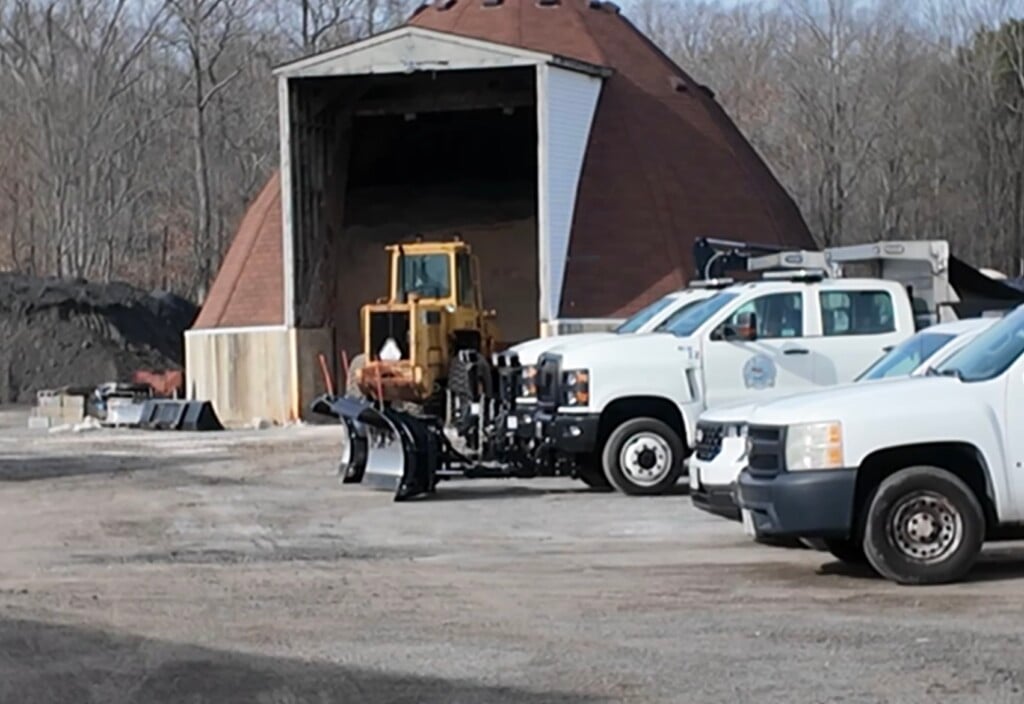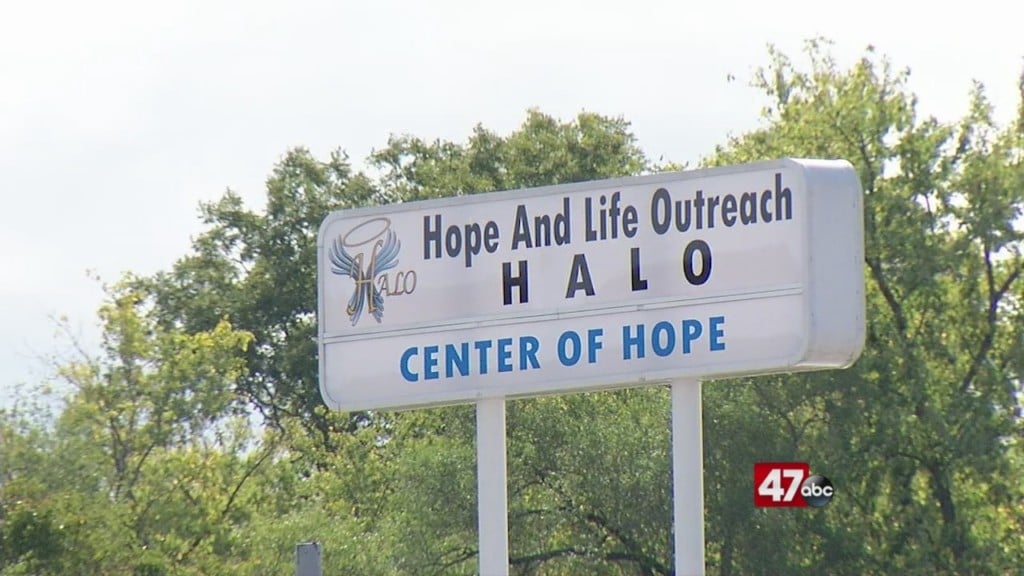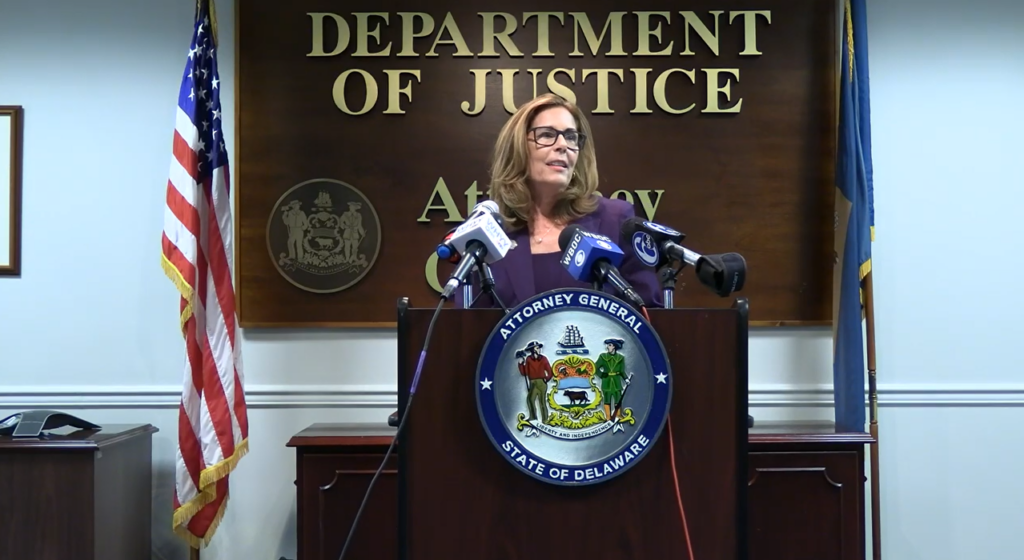Family’s experience calls Delaware “victim’s rights” into question

Following the murder case of Millsboro mother Nicole Bennett, attention has been drawn to the rights of victims of violent crime in Delaware.
Nicole Bennett's family recently spoke with 47 ABC at length on this issue, stating they are still very upset at how the case was resolved.
"What's with our legal system?" asks Bob Bennett, Nicole Bennett's father in law. "We take away the death penalty and now this? Are we just going to start letting murderers just walk, basically?"
Bob Bennett, like his son Kevin, still has so many questions regarding the case of Matthew Burton. They admit that it is hard to accept that the 33-year-old Dagsboro man–who admitted to raping and murdering Kevin's wife, Nicole–will likely get out of prison by the time he's 55 years old.
"I mean, thinking about it, he could get out and my youngest would be in her twenties," Kevin Bennett said. "It's scary."
Come June 14th, it will be exactly five years since the mother of three from Millsboro went missing.
Nicole's older daughters, like their dad, had been preparing for the case to go to trial on May 8th. But their apprehension turned to discontent over a punishment that they feel does not fit the crime.
"I don't think any amount of time can take the pain away," Lauren Bennett said. "I mean, even though everything's over now, the trial and stuff."
Kevin Bennett says even though he's glad it's over, he's disappointed with the outcome.
"I don't really feel like justice was really served here."
The family is upset about the plea deal, which they feel happened too quickly.
On April 4th, Nicole Bennett's family first learned about the state's plan to offer Burton a chance to plead guilty on lesser charges. That meant the maximum sentence of life in prison was off the table.
On April 5th, less than 24 hours after they were first notified of this plan, Matthew Burton accepted the deal in Sussex County Superior Court.
"I thought we did have some say in it, but I learned a lot about our legal system in this process," Bob Bennett said. "They basically said, 'No, you don't,' that this is going to happen. And I said, 'Is it for sure going to happen at 9 AM tomorrow?' and they said, 'Yes.'"
Margaret and Steve Reiser, Nicole's parents, say they had no idea it was going to happen the next day.
"We were not told that," Reiser said.
The Reisers live in Nebraska. About a year and a half ago, they sat down with 47 ABC for an exclusive interview where they expressed anger and frustration over delays in the case.
For this reason, they say the relatively sudden news of the plea deal was such a bombshell. They claim they didn't even have a chance to decide if they wanted to be there for the hearing, let along schedule a flight.
"If it's going to happen, it's going to happen," Kevin Reiser said. "I don't know why it has to happen so soon."
The Bennett family tells 47 ABC that prosecutors never explained to them why the plea deal happened so fast. So 47 ABC called the Delaware Department of Justice and the public defender's office for answers.
Burton's defense team officially declined comment.
A spokesperson for the Department of Justice tells 47 ABC, "The timing was part of guaranteeing that the defendant would plead guilty and thus be held accountable for what he did to Nicole Bennett and serve a substantial sentence behind bars, rather than go free following a trial with significant evidentiary issues."
When 47 ABC asked if the plea deal was prompted by the Extreme Crimes Prevention Act, the spokesperson said no.
It just so happens on April 4th, the same day Nicole's family was notified about the change of plea hearing, a bipartisan group of legislators introduced and co-sponsored this new bill.
If signed into law, the Extreme Crimes Prevention Act would immediately put the death penalty back on the table in the First State–with key changes.
The State House passed the bill this week, with it now heading to the Senate for committee review.
Republican Representative Rich Collins is one of the bill's co-sponsors. He represents the 41st district, which covers Millsboro, where the Bennetts live.
"This gentleman who probably would have been a candidate for that is now not only getting first degree murder but was downgraded to second degree murder," Rep. Rich Collins said. "It just goes to show when you take away the ultimate penalty, every other penalty might be moved further down the line as well."
Rep. Collins believes the votes are there to get this legislation passed.
47 ABC asked the attorney general's spokesperson if state prosecutors knew about the bill when they were hammering out the plea deal.
Their response: "Neither the bill, nor any knowledge of the bill, had any role in the plea."
Nicole's family admits no one from the attorney general's office told them that they death penalty might return to Delaware.
"We were kept in the dark about a lot of things near the end, I believe," Bob Bennett said.
"We just feel that justice was not served for Nicole," Margaret Reiser explained. "That there's just more rights for Burton than there was for Nicole, or for her family."
47 ABC looked into what is called the "Victims' Bill of Rights" in Delaware. It entitles victims to notification and participation in all major phases of the criminal case process. This includes details on court events, possible plea agreements, projected prison release dates and any sentence modification.
John Brady, a Delaware lawyer acting as a legal analyst for 47 ABC, gave some insight.
"The Victims' Bill of Rights when it was enacted by the legislature was designed to make sure that the victims and their family, if the victim is killed, are an integral part of the process," Brady said.
The law explicitly states that the prosecutor shall talk and exchange opinions with the victim or victims before amending or dismissing a charge or agreeing to a negotiated plea or pretrial diversion.
But nowhere in the legislation does it require prosecutors to notify victims of pending legislation that might affect their case, or that they give victims adequate time to prepare for changes made to the case.
"It appears that the Bennett family has good reason to be frustrated with how it resolved," Brady said. "Trying to do the plea less than 24 hours from agreement may have been too quick in this case."
Legal experts 47 ABC spoke to say that in terms of negotiating a plea deal, the conversation should have started with the Bennett family at the time the deal was offered to the defense–not when it was being accepted.
47 ABC spoke to a victims' rights advocate who agrees. Abby Marsh, director of legal services at the Life Crisis Center in Wicomico County and former Worcester County deputy state's attorney, sat down for an interview with 47 ABC's Emily Lampa. This interview will air Thursday on the 47 ABC News Hour.


